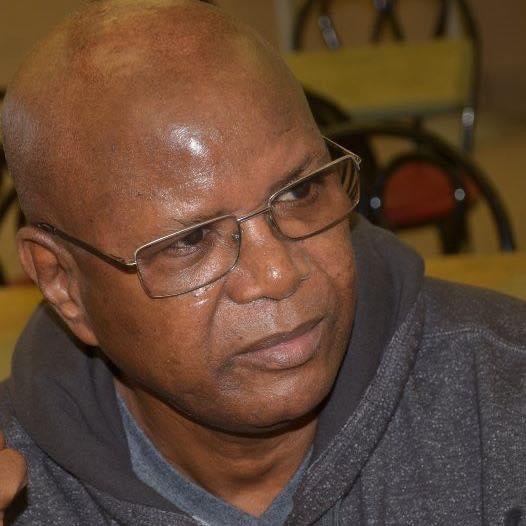Why Is The IEC In Hibernation?

By D. A. Jawo
We have barely three years to go before the next electoral cycle begins, and yet, everything seems to be so quiet at the Independent Electoral Commission ( IEC) front.
We are all aware that there are so many urgent things that need to be taken care of before the next election cycle, which include constituency boundary demarcation, amendment of the Elections Act, among other things, including extending the vote to the Gambian diaspora, doing away with the moribund marble voting system and replacing it with the paper ballot, as well as sanitizing the electoral list and of course several other reforms that would enhance the credibility of our elections. We also expect to get a new chair for the IEC as there is no way that Chairman Alieu Momar Njie can still continue shifting the goal posts every time his departure gets imminent.
Indeed, in order for the IEC to continue being a credible electoral body, it needs serious revamping, not only with modern technology, but also personnel with indelible credibility to run a modern electoral body.
It certainly does not also conform with the tenets of a modern democratic dispensation for the head of state, who is also usually one of the candidates in the elections, to continue to exercise the full powers of appointing members of an “independent” electoral body, including its head. That is just like the coach of one of the football teams in a competition being given the power to choose the referee and his/her assistants. Certainly, everyone can easily predict the results of such a match.
There are ever louder calls for electoral reforms in this country, particularly with regards to the disparity in the demographic sizes of the various constituencies. It is certainly a mockery of democracy for some constituencies in this country to be more than 20 times larger than others when they are all supposed to get equal representation in the National Assembly. For instance, a constituency like Janjanbureh has less than 2000 registered voters and all the five constituencies in Foni put together have slightly over 40,000 registered voters, while a constituency like Serekunda West alone, for instance, has almost 50, 000 registered voters, yet still, they are all required to send one representative to the National Assembly, all of them enjoying the same rights and privileges.
Despite the IEC having all the time in the world to do something about that and several other issues, there is hardly any visible move from their end to correct those anomalies. It is very likely that they would do nothing again until a few months before the start of the next election cycle and give the usual excuse that time is not on their side to carry out such necessary reforms.
For instance, It is also hard to understand how a modern electoral body like the IEC cannot even maintain an up-to-date website. The IEC website is virtually empty of the most relevant information on the electoral process, including the various pieces of legislation and other relevant documents dealing with elections. It is therefore hard to see how such an institution, which is unable to maintain such an indispensable modern tool like a website, can be relied on to run an efficient and modern electoral process. For instance, in this digital age, one would have even expected that instead of the IEC demanding candidates to come with physical cash to pay for their deposits and other charges, everything should have been done electronically and through the banking system. Also, we all saw how some candidates for the 2021 presidential elections were disqualified only for the courts to overturn such disqualification, indicating that the IEC need to get a legal team to advise them on such matters.
While it is possible that the IEC may be waiting for the enactment of a new constitution before embarking on some of those reforms, but it certainly does not mean that they cannot embark on other reforms whilst waiting for the government to work on a new constitution.
As regards the provision of a new constitution, it is now quite obvious that the Barrow government is not quite serious about fulfilling one of its core promises to the people of this country, because apart from being directly responsible for the failure of the 2020 Draft Constitution from being passed in the National Assembly, it is also quite apparent that President Barrow is quite comfortable operating with the ‘Yahya Jammeh’ Constitution as it seems to allow him to enjoy the same powers and privileges that former President Jammeh created for himself. Even the very fact that the government recently rushed to the National Assembly the Former Presidents Bill under a certificate of urgency when in reality there is no former president qualified to benefit from it, shows this government’s lack of will to prioritize the wishes and aspirations of people they claim to represent. Anyone would have thought that if there were any pieces of legislation that needed a certificate of urgency, it should have been a draft constitution and the anti-corruption bill, which had spent more than four years in the National Assembly while corruption was raging like wild fire in almost every sector in this country, but certainly not a former presidents bill.

